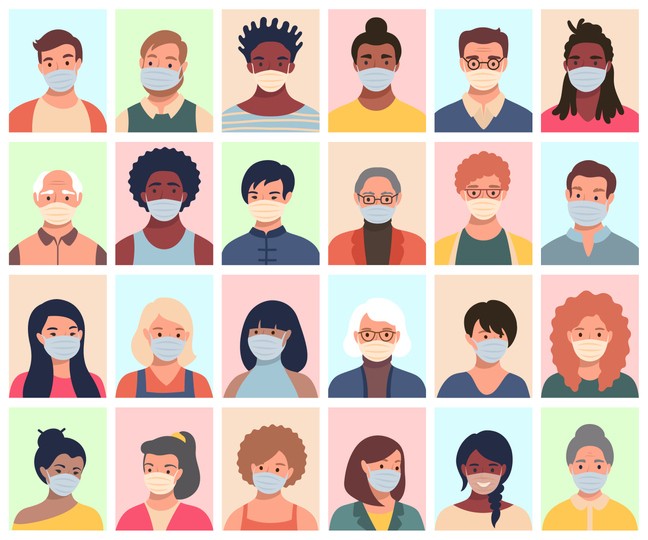May 17, 2021 – Across the nation, we are entering a new phase of our COVID-19 vaccination strategy which focuses on addressing vaccine hesitancy and eliminating obstacles that make it difficult to access the shots. As we aim to achieve a high vaccination rate across communities in the Commonwealth, ensuring equitable access to the vaccine will be vital to reduce the disproportionate impacts of the pandemic for underserved populations and prevent widening disparities going forward. In particular, immigrants and refugees face increased risks and challenges associated with the COVID-19 crisis; yet, they also experience many barriers to access COVID vaccines, testing, and treatment.
Before the pandemic, policies like the Trump-era expansion of the public charge rule caused widespread fear, confusion, and reluctance to seek health care coverage and other public benefits among immigrants and their family members amid fears of immigration consequences. Even after the Biden Administration ended the Trump-era public charge policy in early March, the chilling effect still prevails, and the rule’s’ perceived consequences are also contributing to concerns and reluctance to get the vaccine. In fact, a new Kaiser Family Foundation poll found that 35% of Latinx respondents who hadn’t yet gotten the COVID-19 vaccine reported concerns related to public charge.
However, immigration concerns are not the only obstacles to access COVID-19 vaccines, testing, and treatment. Other barriers include receiving the vaccines in a trusted or convenient place, the racial digital divide in securing appointments, limited transportation options, lack of flexibility in work and childcare demands, among many others. Immigrant communities also need non-English language supports and more information to understand the vaccine’s safety, who is eligible, and where and how to get a shot. In addition, there are questions and concerns around the vaccine’s cost as well as the need for health insurance and IDs or other requests for documentation.
In light of these barriers, HCFA has been working with the Massachusetts Department of Public Health and Archipelago Strategies Group on a Vaccine Equity Initiative. Through this Initiative, we provide targeted outreach and education by partnering with trusted community members, like locally-hired door-to-door canvassers and well-known community organizations, to lessen the fears, distrust, and skepticism among the 20 communities hardest hit by COVID-19. As we continue this campaign with the goal of ensuring an equitable distribution of COVID-19 vaccines, HCFA will strive to increase awareness and acceptance of the vaccine and to eliminate vaccine access barriers, including those related to fears of negative immigration consequences.
Tiffany Alunan, Health Care For All Immigrant Health Intern

